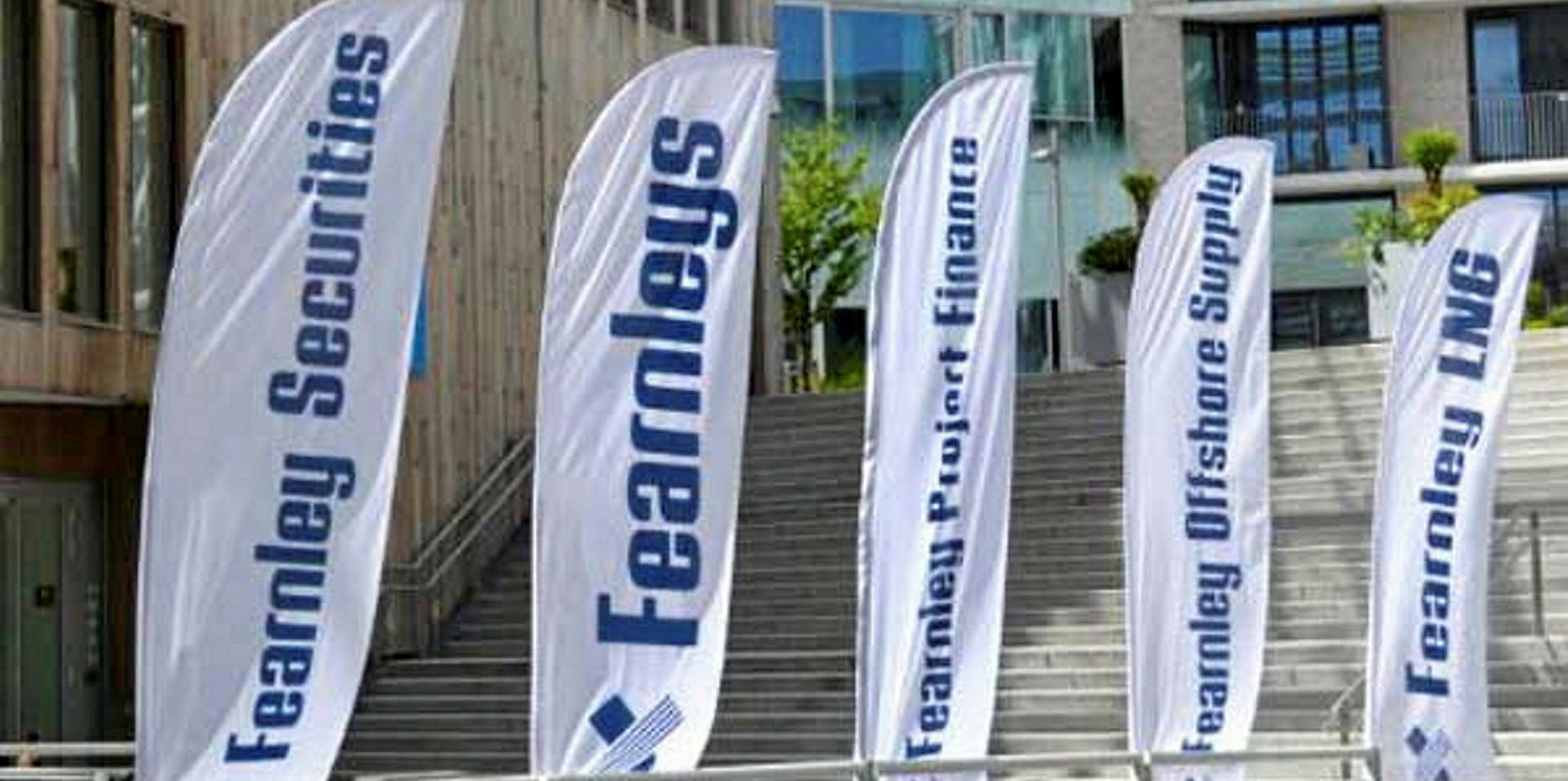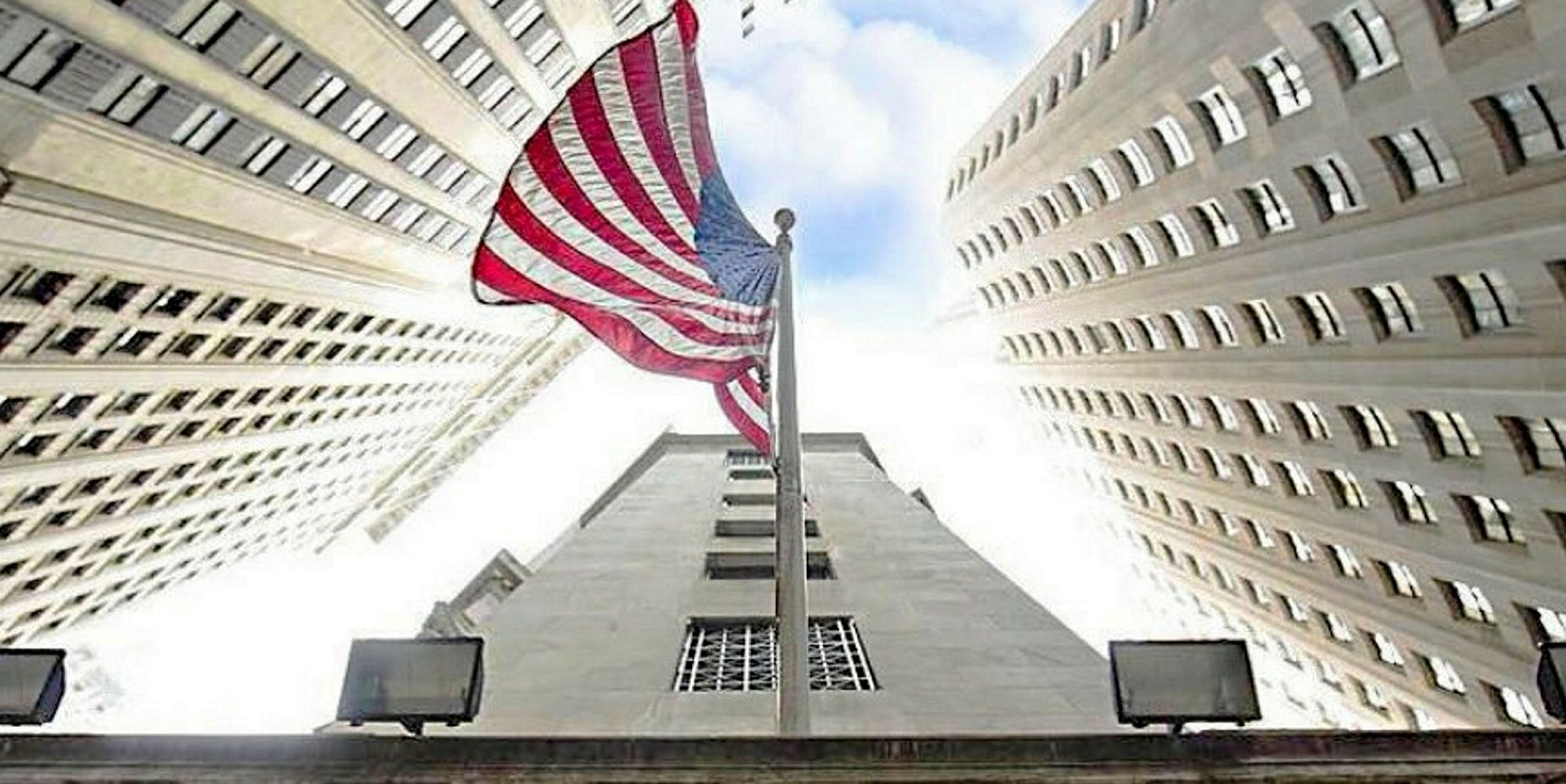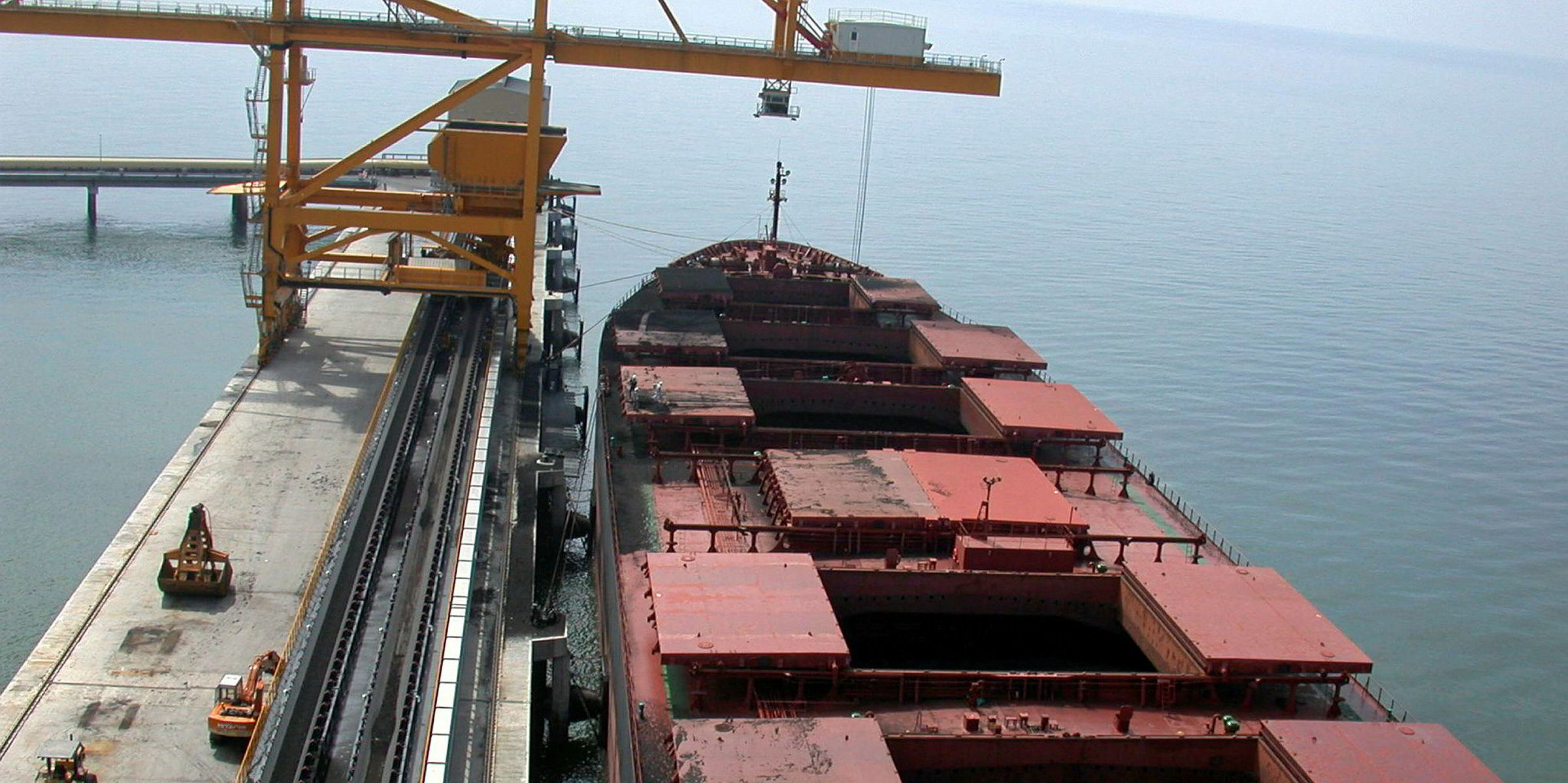A hit in vessel valuations has caused Fearnley Securities to cut its net asset value (NAV) estimates for dry bulk shipping companies by 11% on average.
The Oslo-based investment firm said it had reduced its asset value estimates by 3% for five-year-old bulkers, by 12% for decade-old ships and by 11% for 15-year-old vessels.
Fearnley estimates the value of a 10-year-old capesize bulker at $21m, but said it finds the sector trading at an implied value of $17m, not far from historic low levels.
The firm said that "possible green shoots" could be seen in Asia in the near future, but said that it would not rule out making further cuts to its NAV estimates in the meantime.
"This reflects a spot market that has been under significant pressure ever since the start of 2020, but basis ongoing discussions there could be further downside," the firm said in a research note on Monday.
"However, with the sector trading 40% below on steel on average, most of this should be discounted in."
Case by case
Of the dry bulk companies within Fearnley's research coverage, it was Scorpio Bulkers that took the biggest hit to its NAV estimate.
The firm reduced its estimate for New York-listed Scorpio by 19% to $5.80 per share on Monday.
Likewise, Fearnley cut its NAV estimates for Genco Shipping & Trading by 16% to $11.20 for each of its shares, which are quoted on the New York Stock Exchange.
Oslo-listed 2020 Bulkers fared the best of the companies within Fearnley's coverage, taking just a 5% cut to its estimated NAV, which fell to NOK 74.7 per share.
Most publicly listed dry bulk shipping companies are seeing their stock taking a hammering in the equity markets right now.
"Just another awful day for dry bulk equities, dropping 13% on average and some as much as 20-25%," Fearnley said in a note on Tuesday of the previous day's trading.
"Most names are now down more than 50% for the year, leaving a steep 40%+ discount to steel values and implied even bellwether stocks as Golden Ocean and Star Bulk are nearing the all-time low levels of 2016 where a 10-year old capesize was priced at $14-15m."
'Green shoots'
Fearnley said it was maintaining its 'Hold' rating for the dry bulk sector.
But vessel supply will grow during 2020 so the dry cargo sector needs to see growth in trade this year, which is still possible, according to the research.
A "massive" economic stimulus programme in China and expectations of improving Brazilian ore exports from the second quarter are among the "possible green shoots" that Fearnley sees in the dry cargo market.
"Presently, the Chinese economy remains largely in standstill, with industrial output for January-February down 13.5%," Fearnley said.
"The concern is now that the country could face a plunge in demand as the rest of the world cuts imports."
Global dry bulk demand is linked closely to China, which for example accounts for around 70% of iron ore demand worldwide, "meaning a recovery in dry could come well ahead of much else", the firm said.
"History has shown us that massive infrastructure programs in China triggers sharp increases in dry bulk demand," Fearnley said.
"However, compared to previous stimulus packages this one has a greater focus on high-tech such as 5G and artificial intelligence, as well as public welfare projects."
Lag period
"Moreover, we would expect a natural lag between when these projects break ground and when they start generating demand, especially considering the inventory of steel and iron ore built in recent weeks," Fearnley said in the note.
Steel products, for instance, are up by around 50% year on year, Fearnley noted, but iron ore stockpiles at ports are however down by 14% over the same period.
Iron ore imports during January and February were 1.5% higher that the same period in 2019, "suggesting demand is still firm", Fearnley observed.
Aside from the black-swan events of 2020 so far, risk to the sector is posed by continued scrap steel usage and inventory destocking in China, Fearnley noted.









